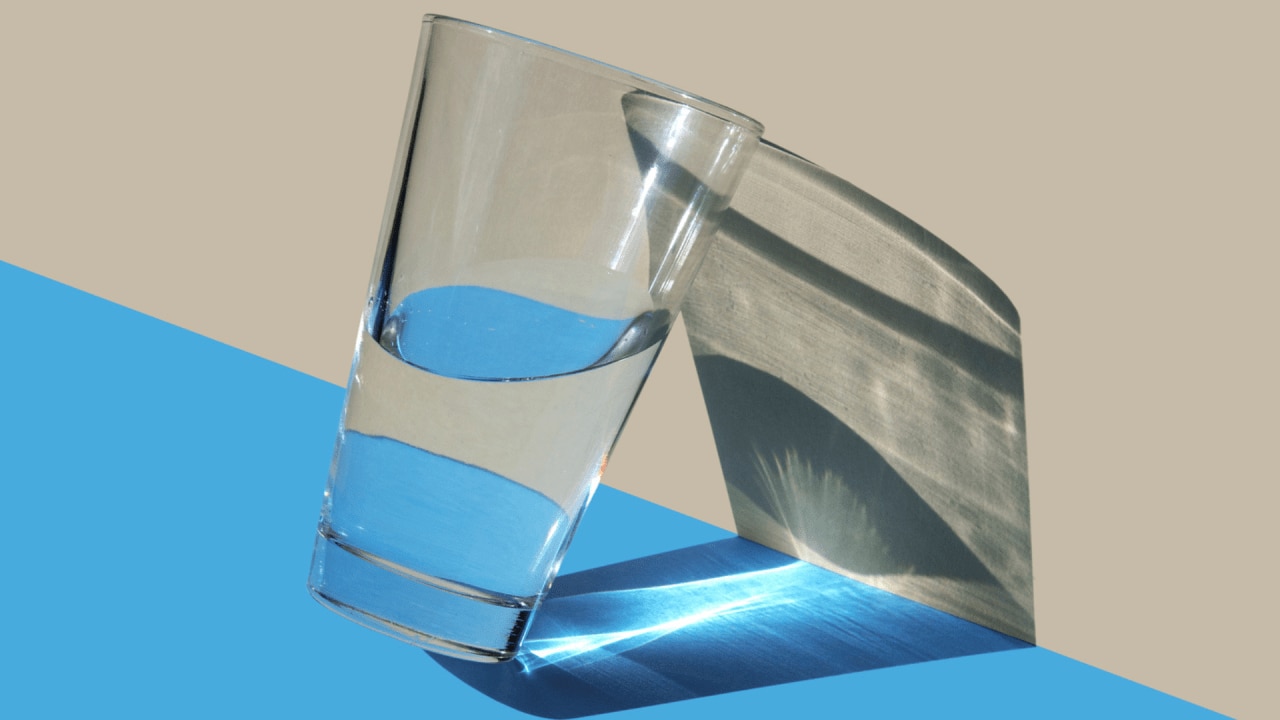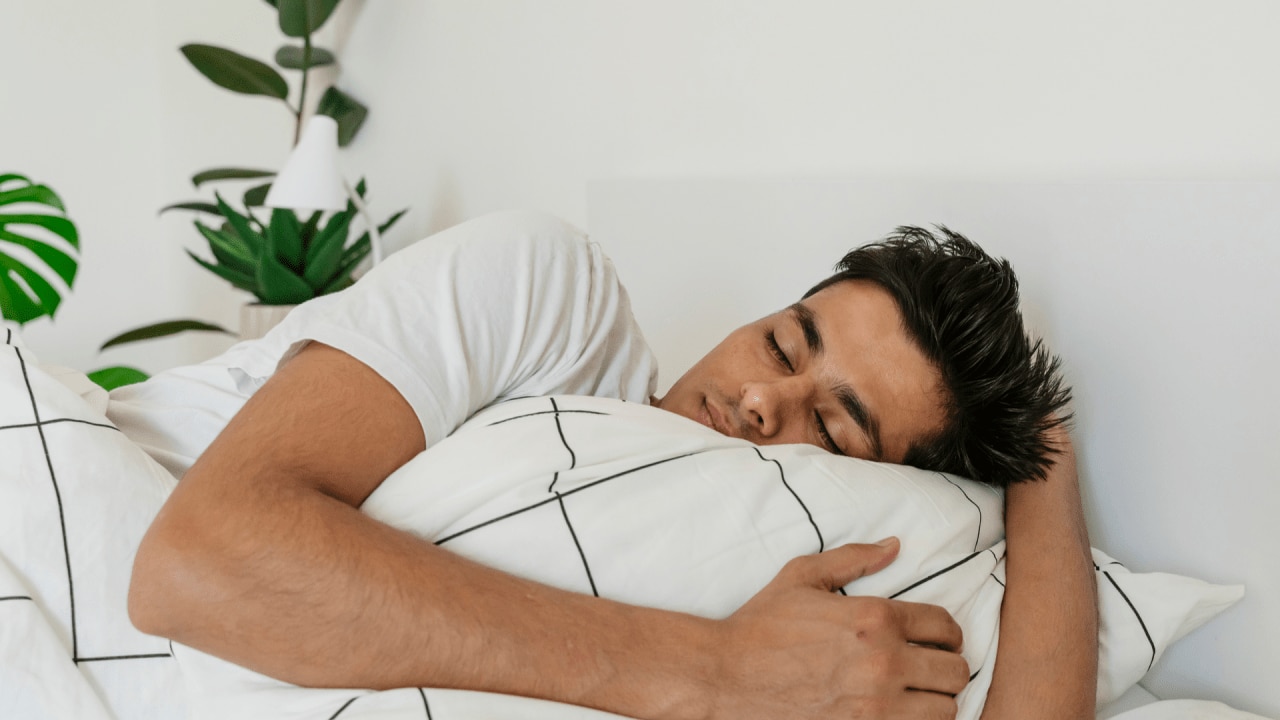Drinking water before bed might actually help you sleep
It also might make you need to pee

Is drinking water right before bed the key to a better night's sleep? According to experts, it is possible to balance sleeping more with visiting the bathroom less.
We've all heard the advice: drink 2.5 litres of water daily to keep our bodies running smoothly. However, while many of us promptly put down our coffee mugs by the afternoon to get a better night's sleep, we might neglect another beverage vital to our sleep cycle: good old H2O.
According to research, the key to sleeping better and waking up refreshed isn't simply getting enough z's but also staying quenched during the night. Staying hydrated right before bed could be the key to getting that beauty sleep.
Now, let's address the elephant in the room: midnight bathroom runs. Yes, staying hydrated may necessitate extra trips to the restroom. But don't worry! Your body has inherent mechanisms for dealing with nighttime hydration. With the right approach, you can enjoy the sleep-enhancing benefits of water without frequent restroom stops.
Like what you see? Sign up to our bodyandsoul.com.au newsletter for more stories like this.
The benefits of water before bed
We often praise water as the unsung hero of our daily health rituals. This clear elixir goes beyond merely quenching our thirst; it plays pivotal roles in waste removal, body temperature regulation, and even powering those invigorating workout sweats.
But have you ever reached for a glass of water before getting under the covers? That might not just be a habit; research suggests it could be your body's gentle nudge, reminding you that hydration doesn't clock out when the day does. According to one study, drinking water before going to bed can help with the critical drop in our core body temperature required to produce tiredness and align our internal systems for healthy sleep.
In fact, avoiding water before bedtime can accidentally work as a sleep thief. A 2019 study revealed a hydration correlation: people who slept for only six hours (rather than the recommended eight) typically suffered from dehydration.
These results were attributed to our bodies' intrinsic need to hydrate before bed. When our bodies are short of essential nutrients, our sleep quality suffers. Like an ancient alarm system, it keeps us alert and ready to go and restore what our bodies lack. Whether it's hunger, dehydration, or a lack of salt, these imbalances frequently impair our sleep.

As you prepare to sleep, a steaming cup of water or non-caffeinated tea is certainly soothing, but this nightly routine could be more than simply a source of comfort. A warm drink in the evening, according to a 2007 research paper, aids in your body's thermoregulation process, signalling to your system that it's time to go on that nighttime voyage into dreamland.
However, like with everything, balance is required.
How to stop nocturia in its tracks
While hydration has numerous advantages, one all-too-familiar nocturnal nemesis is unplanned toilet trips. The term 'nocturia' refers to the need to urinate multiple times throughout one's sleep cycle.
Several causes can contribute to nocturia during the night, from bladder capacity to the more delicate tuning of our body's internal clock. When working properly, this clock orchestrates a dance of hormones, such as arginine vasopressin, decreasing evening urine production. However, it may play an unwanted encore of repeated restroom trips if it is out of rhythm.
The quality of your present sleep also plays a factor. Stress or underlying sleep issues causing tossing and turning? The need to urinate through the night may be even more relentless.
If multiple bathroom trips disturb your nocturnal peace, gradually increase the amount of evening fluid until you can firmly establish the right amount. Also, avoid diuretics like caffeine and alcohol right before bedtime.

You can't make it up at bedtime
You should try to quench your thirst evenly throughout the day. Drinking a lot of water right before bed may sound like a good way to catch up on hydration, but it's not quite the golden ticket. A late-night gulp after a parched day falls short of adequately rehydrating you and queues up possible interruptions for your night's sleep with extra bathroom visits.
Even minor dehydration can lead to sleepless nights, elusive drowsiness, and a general glitch in our body's proper functioning. and we frequently rush through our days, oblivious to the subtle signals of dehydration that our bodies send us.
Dehydration symptoms aren't usually obvious. Your body's little nudges range from the subtle impressions of teeth on your tongue to the darker hue of your urine and the odd parched sensation in your mouth. It's urging you to keep your liquid rhythm going.
More Coverage
Originally published as Drinking water before bed might actually help you sleep




